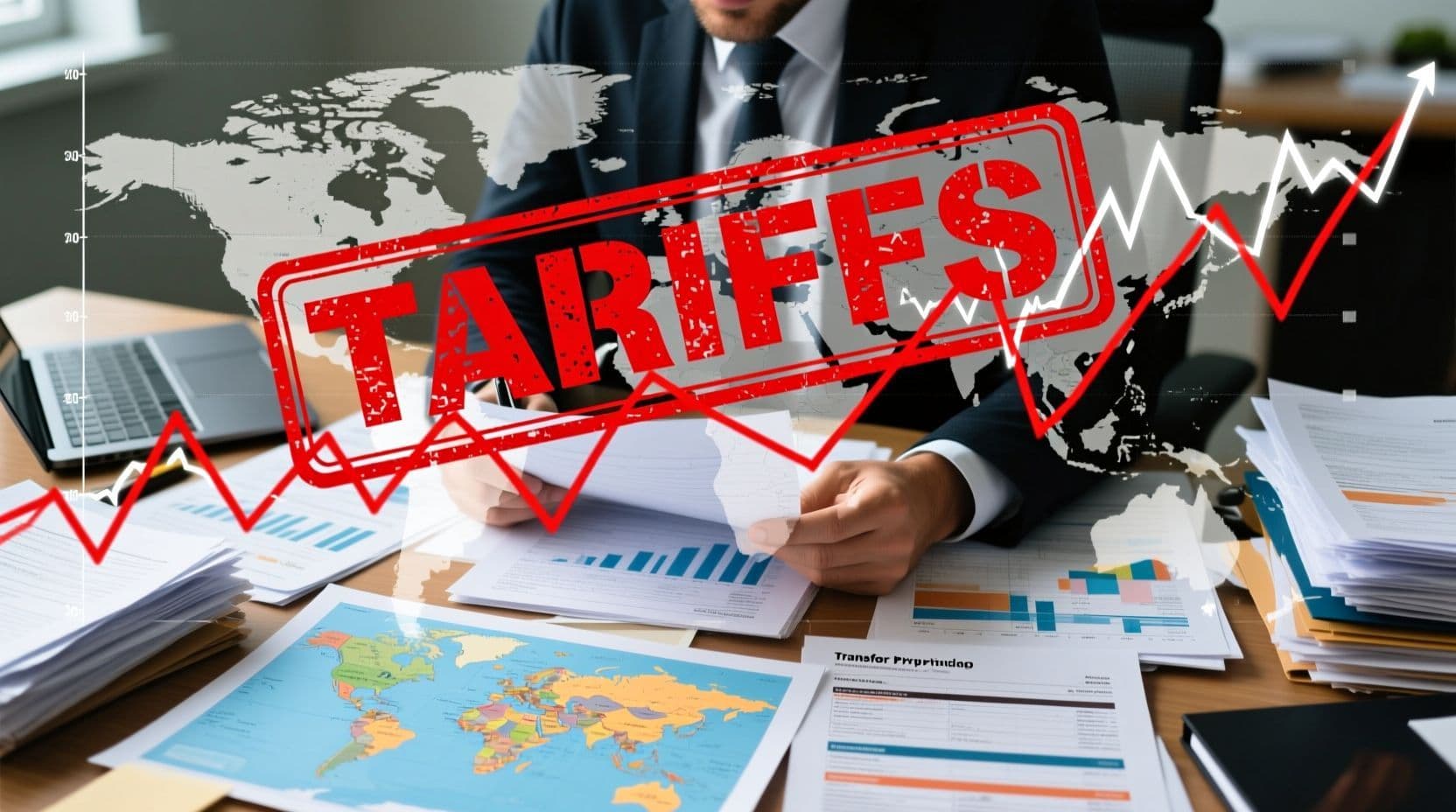Tariffs Are Torching the Transfer-Pricing Rulebook
The Big Picture: Global supply chains are feeling the heat, and not just from summer temps. Escalating tariffs and trade spats are forcing multinationals to rip up carefully crafted transfer-pricing policies, Deloitte Germany’s Stephan Habisch and Florence Müller warn in a deep dive for International Tax Review. For further context on how evolving tax regulations are reshaping global business practices, readers can explore the comprehensive overview found in the Nigerian Tax Laws 2025.
The Details: The duo says the arm’s-length principle is under “significant disruption,” pushing companies to renegotiate intercompany contracts, reroute supply chains, and lean on free-trade agreements to keep costs in check. Robust documentation and customs-valuation tweaks are now must-haves to “minimize disputes with tax authorities,” the article notes. For life sciences and healthcare groups, the squeeze is even tighter: evolving tariff regimes pile on top of the OECD’s 15% global minimum tax and the U.S. BEAT, creating “a perfect regulatory storm,” Richard Schmidtke and co-authors tell International Tax Review. As one tax director quoted in the piece put it, “Tariffs have become the new transfer-pricing variable we can’t model with yesterday’s spreadsheets.” This dynamic shift echoes the modernized approaches detailed in the Nigeria Tax Administration Act, 2025, emphasizing how digital transformations are influencing tax compliance worldwide.
Around the Tax World
- Guernsey’s GST clock is ticking… The island’s States will vote in early 2026 on whether groceries get hit by the previously approved 5% goods-and-services tax, deputy Charles Parkinson told the BBC.
- HMRC drops 1,300-page Pillar Two manual. The 5 August release reorganizes draft guidance for the Multinational and Domestic Top-up Taxes and adds new sections on wholly domestic groups and insurers (KPMG).
- India signs up for crypto transparency. New rules under the OECD’s Crypto-Asset Reporting Framework will let authorities track offshore wallets from April 2027, closing a major data gap (Blockonomi).
Tax Stat of the Day
5%, the flat GST rate already on Guernsey’s books, but still awaiting a final “yea” or “nay” on whether your baguette gets taxed (BBC).
Looking Ahead
All eyes now turn to early 2026, when Guernsey’s lawmakers cast their decisive GST vote, while HMRC’s promised follow-up pages on equity partnerships and Lloyd’s guidance could land any week. Readers interested in understanding how global tax reforms relate to broader regulatory trends are encouraged to learn more through our Introduction To Nigerian Tax Laws.
